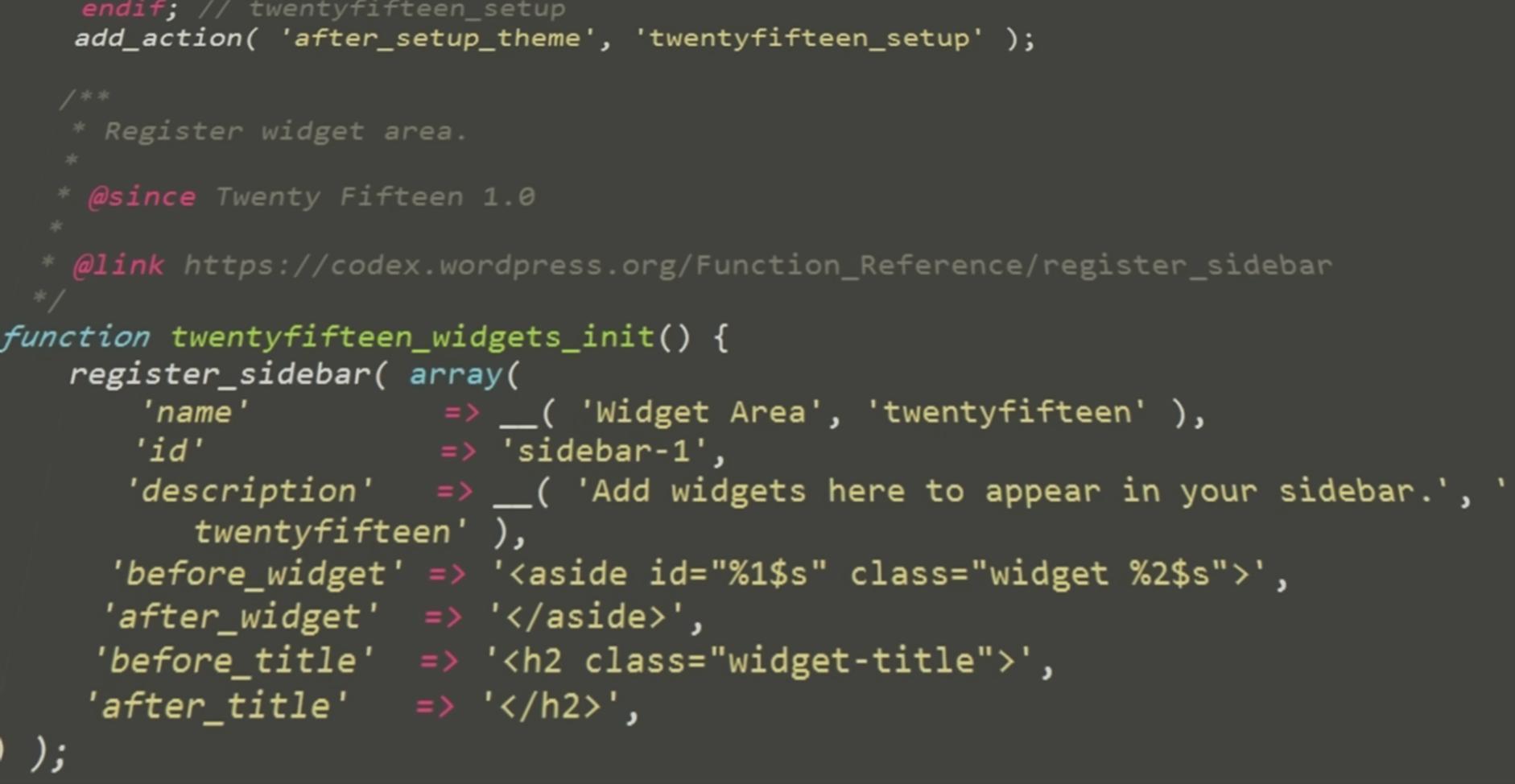We Started With One Question
Could game development education actually prepare someone for real work? Not just theory or fancy certificates. We mean the messy, practical skills that matter when you're building something people will actually play.
The Beginning Was Awkward
Back in late 2021, we were running small weekend workshops. Honestly, the first few were rough. We had five students and way too much content crammed into two days. People left exhausted, not inspired.
But something clicked in early 2022. We stopped trying to teach everything and focused on one thing: getting students to ship a playable prototype by the end of week three. That shift changed how we approached education entirely.
Now we work with students who want to build games that work on phones and browsers. The focus is simple: learn by making something you'd want to show your friends.

How We Got Here
Late 2021 - The Experiment
Started with weekend game jams. Five people showed up. We had no curriculum, just a rough outline and too much coffee. But everyone left with a running game prototype, even if it was buggy.
Spring 2022 - First Real Course
Launched our first structured program. Eight weeks, twenty students, focus on mobile game fundamentals. Half dropped out because we made it too hard. Learned a lot about pacing that semester.
2023 - Finding Our Voice
Shifted to project-based learning completely. Students pitched game ideas in week one and spent twelve weeks building them. Some projects failed, but the learning stuck better than any lecture ever could.
2024 - Growth and Refinement
Added specialized tracks for web versus mobile development. Partnered with local studios for guest critiques. Started seeing graduates land junior positions, which felt validating after all the iterations.
2025 - Where We Are Now
Running multiple program tracks with cohorts starting each season. Still tweaking things constantly. Our autumn 2025 enrollment opens in June, and we're adding a new advanced prototyping module based on student feedback.
What Guides Our Work
Make Real Things
We don't believe in assignments that disappear into a folder somewhere. Every project you build should be something you can deploy, share with friends, or include in a portfolio. The goal is playable work, not perfect grades.
Fail Forward Fast
Your first game idea probably won't work. That's fine. We structure courses so you can test concepts quickly, see what breaks, and pivot without losing weeks of effort. Learning happens faster when you're allowed to mess up.
Tools Over Theories
Understanding algorithms matters, but so does knowing how to debug a canvas rendering issue at midnight. We balance conceptual knowledge with the practical troubleshooting skills you'll actually use when building games.
Community Input
Students shape our curriculum more than we like to admit. When a module doesn't land, we adjust it. When someone suggests a better tool or workflow, we try it. Education should evolve with the people learning.
No Empty Promises
We won't guarantee you a job or promise six-figure salaries. What we can do is help you build a portfolio of work that demonstrates actual capability. The rest depends on your effort and a bit of timing.
Keep It Accessible
Game development shouldn't require expensive hardware or premium software subscriptions to start. We focus on web-based tools and frameworks that work on modest laptops, so financial barriers don't block learning.
Who Runs This Place
We're a small group of people who've worked on commercial games, educational platforms, and indie projects. Most of us came from backgrounds where we learned by trial and error, so we try to make that process less painful for students.

Klea Hoxha
Spent five years building mobile games before switching to teaching. Still codes most evenings and maintains an unhealthy obsession with optimizing frame rates. Believes the best way to learn is by shipping something broken and fixing it live.



Want to See What We're Building?
Our autumn 2025 cohort starts in September. Applications open in June. Or just reach out if you have questions about what it's actually like to study here.
Get In Touch